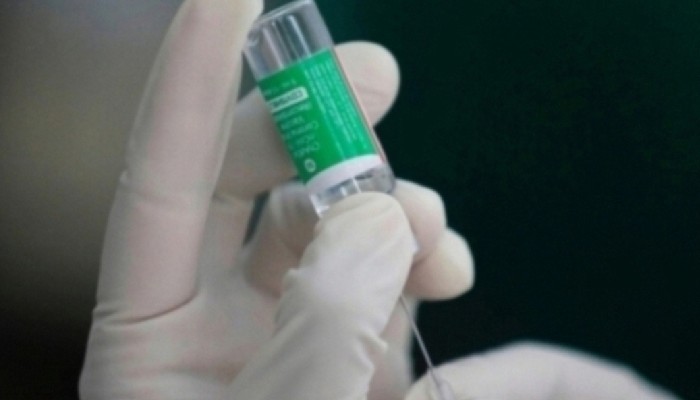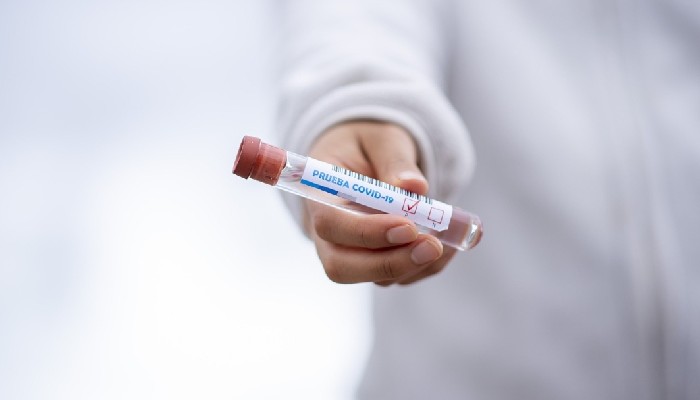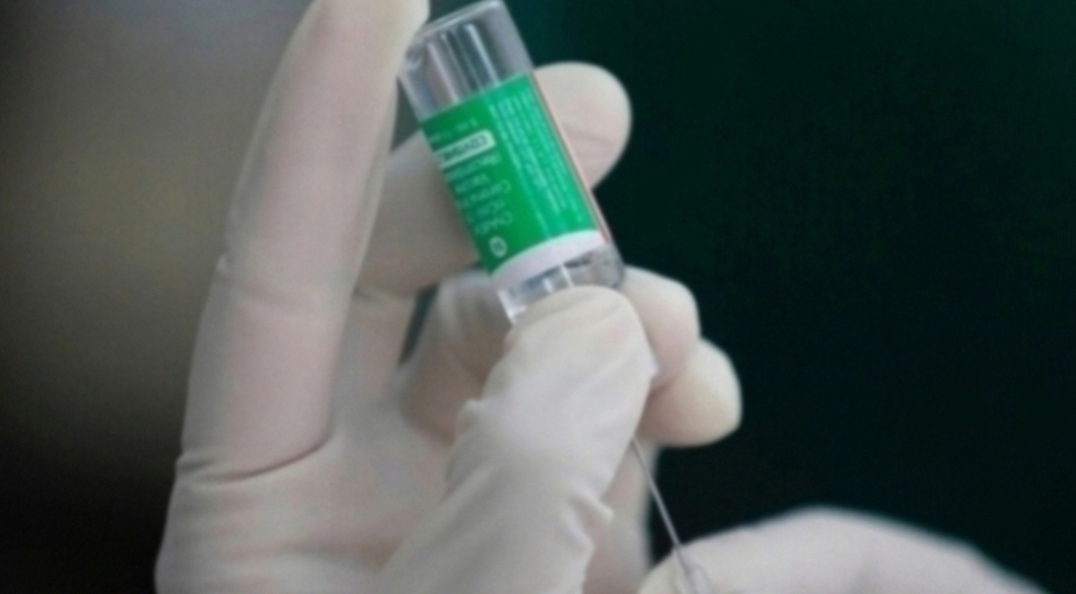Zydus Cadila had applied for the Emergency Use Authorization on July 1
India's drug regulator Drugs Controller General of India (DCGI) will consider giving emergency use authorisation (EUA) to Zydus Cadila for its COVID-19 vaccine ZyCoV-D in a few more days.
According to several reports, the DCGI's Subject Expert Committee (SEC) will examine data submitted by Zydus Cadila for children above 12 years. But if data is found to be satisfactory, then final approval from DCGI may be granted in a few days.
ZyCoV-D is a DNA Covid vaccine, which carries the genetic code for that part of a virus that triggers the immune system of the body.
According to reports, the continuous and rolling review of data is ongoing and even if an SEC meeting takes place this week then final approval will take a few more days.
Last week, VK Paul, Member (Health) of the NITI Aayog had said that a decision on the approval of Zydus Cadila's COVID-19 vaccine is expected soon, adding that the data and evaluation would determine the outcome.
Zydus Cadila had applied for the Emergency Use Authorization on July 1.
According to a release by the company, ZyCov-D has been tested so far in as many as 50 centers in India and is the first vaccine that has been tested on the adolescent population in the age group of 12-18 years.
Notably, after Bharat Biotech’s Covaxin, Zycov-D will become the second India-made vaccine after it gets approval for emergency use authorization. It would also become the fifth vaccine against COVID-19 to get EUA. So far, India has given approval to Serum Institute's Covishield, Bharat Biotech's Covaxin, Sputnik V and Moderna vaccines.
What is ZyCov-D Needle-Free Covid-19 Vaccine?
ZyCoV-D is a three-dose intradermal vaccine instead of the standard two doses. The interval between all three doses will be 28 days. It is India’s first Plasmid DNA Covid-19 vaccine.
According to World Health Organization, the DNA vaccine approach involves, “direct introduction of the vaccine into appropriate tissues of a plasmid containing the DNA sequence encoding the antigen(s) against which an immune response is sought, and relies on the in situ production of the target antigen.”
Although both the DNA and RNA vaccines have the same goal as traditional vaccines, they work differently. Unlike viral vector vaccines or inactivated vaccines such as Covishield and Covaxin, the DNA and RNA vaccines use part of the virus’ own genes to stimulate an immune response.
The difference between DNA and RNA vaccines is they are transmitted to another molecule that is called messenger RNA. Also, the DNA vaccine delivers the message via a small electrical pulse that pushes the message to the cell.
Besides, DNA and RNA vaccines are cost-effective and are being peddled for effectiveness and ability to produce more quickly than traditional, protein vaccines.
ZyCov-D efficacy
According to a statement released by Zydus Cadila, both the Phase I/II and Phase III clinical trials have been monitored by an independent Data Safety Monitoring Board (DSMB).
More than 1000 subjects belonging to the age group 12 and 18 years in India participated in the trials and the vaccine was found to be safe and ‘very well tolerated’. It is the first vaccine in India testing people of this age group.
The company further said that Zy-CoV-D has already established a robust immunogenicity and tolerability and safety profile with its 66.6 percent efficacy for RT-PCR positive cases in the interim analysis.
The technology developed for the plasmid DNA platform vaccine, the company claims, is easily adapted to deal with a mutation in the SARS-COV-2 virus, including those already existing.
ZyCov-D storage regime and production
Unlike its peers, ZyCoV-D vaccine is applied through a needle-free system.
According to the company, the ideal temperature for storing vaccines is 2 to 8 degrees celsius, but has shown good stability at temperatures of 25 degrees for at least three months. Its storage requirements make it easier to transport and store shots without much wastage and reduce reliability on cold chains to some extent.
The company, Zydus Cadila is set to manufacture up to 12 crore doses a year. If it gets EUA approval, the production is expected to begin by mid-August. The cost of the vaccine is yet to be decided.
 Contact Us
Contact Us  Subscribe Us
Subscribe Us









 Contact Us
Contact Us
 Subscribe
Subscribe
 News Letter
News Letter

